Summer Storm (1944) Online
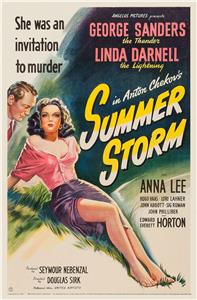
In this filmed Chekhov adaptation, Olga is an alluring peasant woman who lures cynical aristocrat Fedor away from his milquetoast fiancée, with tragic consequences.
| Cast overview: | |||
| George Sanders | - | Fedor Mikhailovich Petroff | |
| Linda Darnell | - | Olga Kuzminichna Urbenin | |
| Anna Lee | - | Nadena Kalenin | |
| Edward Everett Horton | - | Count 'Piggy' Volsky | |
| Hugo Haas | - | Anton Urbenin | |
| Laurie Lane | - | Clara Heller (as Lori Lahner) | |
| John Philliber | - | Polycarp - Petroff's Butler | |
| Sig Ruman | - | Kuzma (as Sig Rumann) | |
| John Abbott | - | Lunin -Public Prosecutor | |
| Mary Servoss | - | Mrs. Kalenin | |
| André Charlot | - | Mr. Kalenin | |
| Robert Greig | - | Gregory - Volsky's Butler | |
| Nina Koshetz | - | Gypsy Singer | |
| Paul Hurst | - | Officer Orloff | |
| Charles Trowbridge | - | Doctor |
The writing credit to "Michael O'Hara" is a pseudonym for director Douglas Sirk. He picked the name because when he started this movie he had just finished reading 'Appointment in Samarra' by John O'Hara.
The source story by Anton Chekhov, 'The Shooting Party', is set in the 1840's, but director Douglas Sirk moved up the setting to the 1910s so the framing sequences at the beginning and the end would take place after the Russian Revolution. "With guys like [Fedor] and the Count going around, there had to be a revolution," Sirk explained.
Before hiring Rowland Leigh, director Douglas Sirk had asked James M. Cain to write the film, but he fired Cain and junked his script because Cain had made the characters seem too American.
Douglas Sirk had originally wanted to film Anton Chekhov's 'The Shooting Party' at the German UFA studio before he fled Germany in 1937. He had wanted actor Willy Birgel to play Fedor, and when he made the U.S. version he picked George Sanders because he considered Sanders a similar "type" to Birgel.

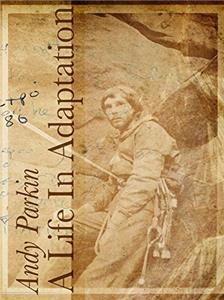
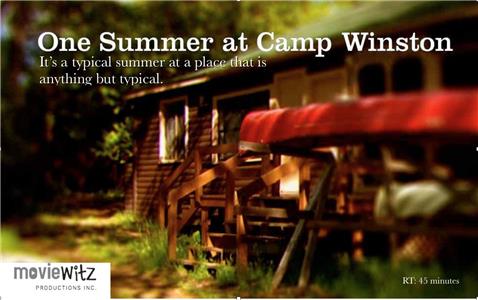

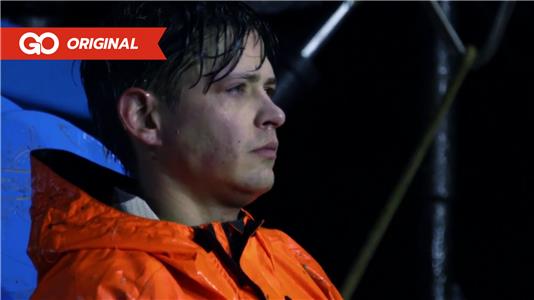
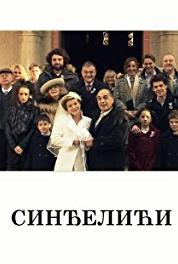
User reviews